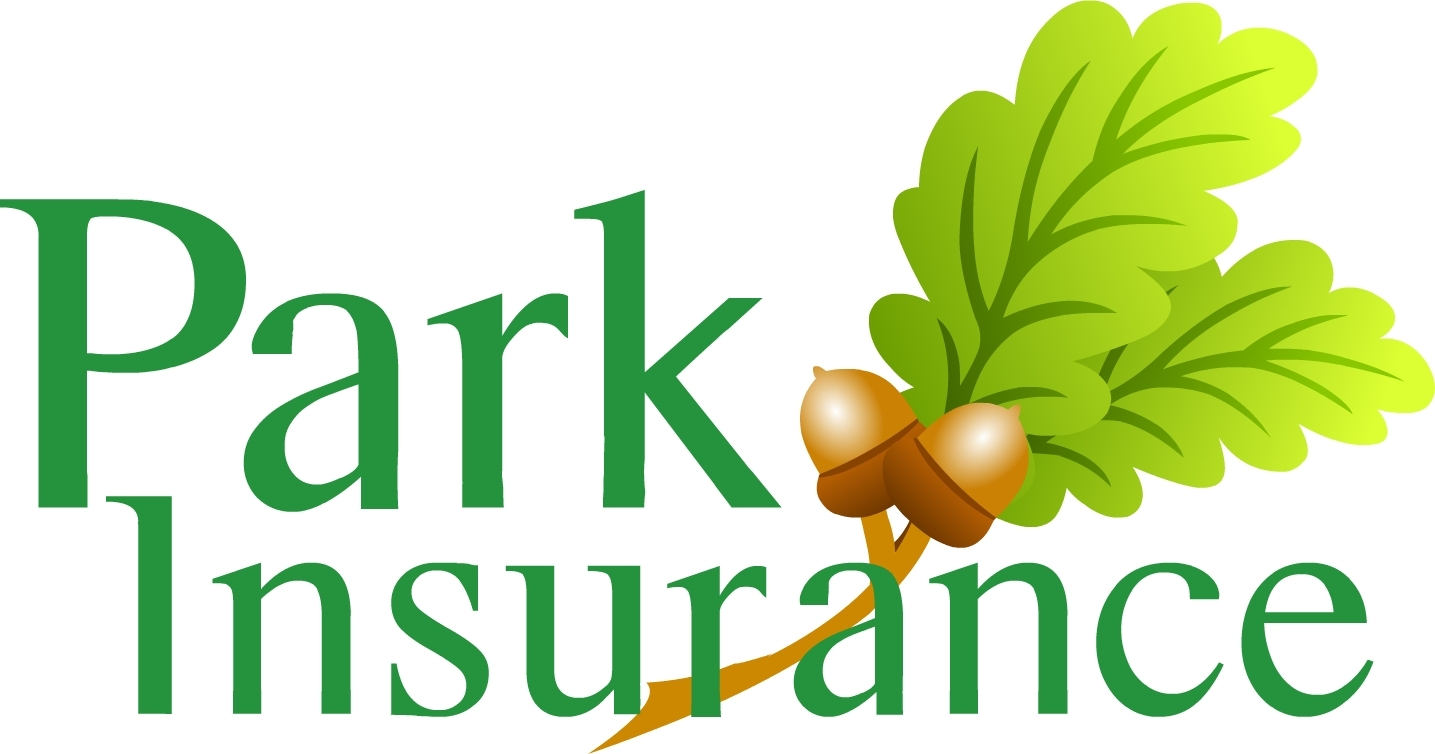VIEW OUR COMMERCIAL
As seen on TV

CHOOSE THE EASY OPTION FOR YOUR INSURANCE, WE’LL GET YOU A QUOTE IN NO TIME AT ALL.
Posts for:
Becoming a self-employed van courier is as easy as, well, buying a van! Thanks to the huge increase in home shopping and with people ordering everything from food to furniture online, van couriers have never been busier. Most couriers either work as sub-contractors for a larger organisation, or are independent operators who have built up their own client base.
The courier industry is incredibly competitive, and a reputation can be made or lost on a single consignment. If all goes well, you can be sure of return business from the customer again and again. But if things go wrong, you could be left seriously out of pocket. That’s why if you’re a van courier you need insurance that will protect you if a customer makes a claim against you.
So what kind of insurance do you need if you’re a self-employed van courier? Here’s our quick guide that will help you put together an affordable insurance package to cover (almost) every eventuality:
Specialist vehicle insurance
Ordinary van insurance will not cover you for commercial use, especially if you’re using your vehicle as part of a courier business. If you check on the average policy they often specify that you are not covered if you use your van for deliveries. As you have to have motor insurance to be legal on the road, you’re going to need to find specialist van insurance that does cover you for commercial use.
Expect to pay a higher premium, though, so it’s well worth shopping around or talking to a broker who specialises in this kind of insurance package.
Goods in transit insurance
As soon as a package, parcel or letter is handed to you, it is your responsibility until it is received and signed for at the other end. After the recipient has the package in their hand, it is no longer your responsibility. However, during the time when it is in your possession, you are fully responsible for its safety, and that means you’re also financially responsible for any losses due to theft or damage.
Effectively, the consignment is the property of someone else, so if it is damaged in transit, lost or stolen, they can claim compensation for the value of the package against you. Goods in transit insurance is, therefore, one of the most important insurance documents you can have as a self-employed courier.
It usually comes with upper and lower limits on the level of cover per consignment, so if you’re regularly transporting high-value packages (for example, if you have a contract with an art gallery and move paintings or works of art around on their behalf), you’ll need to increase your level of cover accordingly. What you don’t want is to be underinsured, as any claim against you for loss or damage of goods in transit will impact your finances heavily.
Public liability insurance
This may seem like a ‘belt and braces’ addition to the Goods in Transit insurance discussed above, but PLI gives you some extra coverage to protect you against compensation claims if a third party is injured or their property is damaged by you while you’re working. So for example, if you dropped a heavy package on the recipient’s foot, they could make a claim against you for personal injury compensation!
Public Liability cover means that you’re financially protected against the legal costs of a compensation claim for personal injury or damage to property. The insurance company would also defend the claim for you, so you could get on with your business rather than spending time dealing with legal paperwork.
Interruption of earnings insurance
Being a van courier has its perks. You’re your own boss, you can work whenever you want to, and you’re not tied to an office desk all day long. However, the reality is that you’re going to be working long, hard hours to earn a decent living. If you’re unable to work for any reason, you’ll quickly realise just how much of an impact it has on your finances.
Bear in mind that if you’re self-employed, you don’t have the usual entitlements that employed drivers have, such as holiday pay and statutory sick pay. If you fall ill or are injured and can’t work, your cashflow effectively dries up overnight. And if you’re the major earner in a household, that can affect everyone.
Interruption of earnings insurance means that you’ll have some money coming in while you recover, so you can be sure that bills such as rent and mortgage repayments, or other essentials are covered without you having to dip into an overdraft or max out your credit cards.
High risks goods cover
If you are regularly transporting hazardous goods then you must tell your insurance company beforehand. Failure to do so could invalidate your cover, leaving you severely out of pocket. Don’t forget that some insurers won’t cover very high-risk consignments such as chemicals or goods that require a special licence or certification.
European cover
If your bookings take you overseas, you’ll need to make sure that the insurance you have covers you for operating outside the UK. It’s also wise to make sure you’ve got full breakdown cover, preferably with a courtesy vehicle as part of your package deal. The last thing you want is to be left stranded with a broken-down van and unable to fulfil your clients’ requirements!
Planning a career change to become a self-employed courier? Talk to the professionals
If you’re not sure what kind of cover you need, the best thing to do is to talk to a professional broker who has experience in providing specialist cover for van couriers. They will be able to tell you exactly what you need, and find the best deal so that you’re not paying too much for your insurance package.
At Easy2Insure, we know how difficult it can be to find the right courier van insurance, especially when you simply don’t have the time to sit down and hunt for deals online. Instead, the simple option is to talk to us. Our experienced brokers know exactly what you’re looking for, and are able to put together courier van insurance packages that don’t cost the earth. It’s quick, simple, and easy to make sure you have all the right cover you need, so you can focus on building your business. Call us or use our online contact form to find out more.
When you work as a freelance courier, you can enjoy lots of benefits like the freedom to choose your hours. But when you’re your own boss, you also have to think about essentials such as what insurance you need. Without it, you could find yourself in financial hot-water if something unexpected happens. So, to save you time and money, we’ve put together this guide on freelance courier insurance and where to buy it at the best price.
What types of insurance do self-employed couriers need?
Some insurance is a legal necessity, and some are just a good idea to have.
1) Motor Insurance
If you have a car, van or motorbike, you’ll need a minimum of third-party insurance by law. This covers the cost of any damage to other vehicles and injuries to people if there is an accident. It won’t pay out for the cost of repair or replacement of your vehicle if it is damaged or stolen. Alternatively, you can take out comprehensive motor insurance, which covers your vehicle too.
Don’t assume that third-party only cover will be the cheapest option. And if you rely on your vehicle for your work, consider if you’d be able to repair or replace your car if something unexpected happens. If you can’t this could seriously affect your ability to work as a freelance courier.
Remember, not every motor policy comes with a guaranteed replacement car whilst yours is being repaired or replaced. If you need that, make sure it’s included. And if you rely on a certain size car or van, take out a policy with a guaranteed like-for-like car hire option.
Remember: You’ll need a specialist commercial motor policy – an ordinary domestic insurance policy won’t cover you.
2) Breakdown cover for couriers
As a courier, you rely on your wheels. So what happens if you breakdown? Make sure you can get back on the road quickly with specialist breakdown cover for couriers.
3) Public liability insurance
You come into contact with the public every day. And when you do that, there is always a risk that they could be injured or property could be damaged. Accidents can and do happen, no matter how careful you are.
For example, imagine you’re stood waiting for a signature when someone trips on your bag that you’ve momentarily put on the floor. They break their wrist and claim for compensation for both the injury and their loss of wages.
With the increasing number of compensation claims being brought against bike riders, public liability insurance can be especially useful if you use a bicycle to courier items.
Imagine that you accidentally cycle into a pedestrian crossing the road, for instance. They fall and hurt their ankle. They can sue you for the injury caused as well as for loss of wages. Add on the legal fees to defend your case, and it can be a very expensive accident.
Public liability insurance covers your legal costs if a member of the public makes a compensation claim against you. Even better, it puts a legal team at your disposal, so you won’t need to worry about a thing. Instead, you can concentrate on your work.
4) Employer’s liability insurance
Although most freelance couriers are self-employed one-man-bands, if you employ others you’ll need employer’s liability insurance. This is a legal requirement even if your employee only works part-time. It works like public liability insurance, paying legal fees if anything unexpected happens to your employees connected to your business.
5) Goods in transit insurance
Whether your couriering food or packages, you’re responsible for these items whilst they are in your possession. If they are damaged in an accident or are stolen, you may be liable to pay up. Goods in transit insurance covers this liability.
Remember: Most policies will set a maximum single item limit (the maximum amount you can claim for one item). They also normally specify the maximum combined claim limit (the total amount you can claim for multiple items.) You won’t normally know what you’re transporting, so when you calculate how much cover you need make sure you don’t underestimate it.
6) Personal injury insurance
Have you thought about what will happen if you have an accident and can’t work as a freelance courier? Worries over who will pay the bills, especially if you have dependents, can be removed when you take out personal injury insurance. Also known as personal accident insurance, this pays compensation if you suffer a serious accident or die.
Remember: Personal injury insurance for you is not normally included with your vehicle insurance. Whilst motor insurance pays personal injury claims for anyone you injure when you’re driving the vehicle, it won’t pay out if you are injured. That’s why you should consider taking it out as part of your courier insurance bundle.
Finding cheap freelance courier insurance
Remember, you get what you pay for. Cheap courier insurance might not give you the level of protection you need. But you can still find great value for money insurance with these top tips:
Try telematics
Fitting a telematics box to your car or van can mean lower insurance premiums, but only if you’re a safe driver. It records things like speed, braking, and erratic driving. Whilst safe driving is rewarded with lower insurance premiums, if you’re considered to be driving unsafely, your insurance costs can rise.
Use a dash-cam
Installing a dash-cam can save you money on your courier insurance. It clearly records who is at fault in the event of an accident and that can save the insurance company money. You’ll need to pay for the installation of the dash-cam, but this cost can potentially be offset against tax.
Drive carefully
The best way to keep your insurance premiums low is to stay claim-free.
Don’t declare spent penalty points
You must always tell your insurer if you have any endorsements on your licence but beware of over-declaring penalty points. If you’ve had endorsements on your licence for driving offences, check online to see if they’re still valid. If you tell your insurance broker that you have penalty points but they are spent, you’ll be unnecessarily paying over the odds for your insurance.
Beat the thieves
Vans are an attractive target for thieves. Reduce insurance costs by fitting an immobiliser or professional alarm. If you can, park your van in a street with good lighting and where there are plenty of passers-by. Keeping your vehicle parked in a locked garage overnight can also help to lower premiums.
Shop around for the best deal
As with all insurance, it pays to shop around for your courier insurance. But that doesn’t mean hours spent phoning around or trawling the internet. Use an independent broker, like Easy2Insure, which can quickly access specialist policies. Even better, you can trust your broker to find you the right level of cover, so there are no nasty surprises lurking in the small print.
As with all insurance, it pays to shop around for your courier insurance. But that doesn’t mean hours spent phoning around or trawling the internet. Use an independent broker, like Easy2Insure, which can quickly access specialist policies. Even better, you can trust your broker to find you the right level of cover, so there are no nasty surprises lurking in the small print.
Cheaper courier insurance you can rely on
It’s Easy2 find great value freelance courier insurance. Call our helpful team on 0800 917 9522 or get a free quote.














